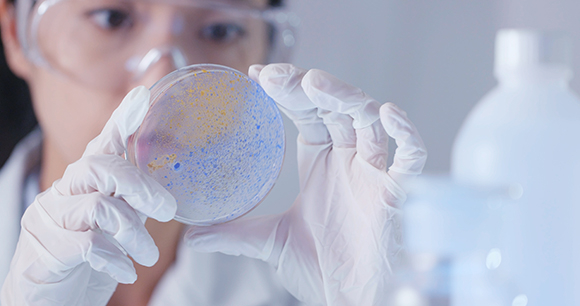
The 3Rs (replacement, reduction, refinement) are a set of principles that provide an internationally accepted framework toward achieving more humane scientific research by minimizing animal distress. William Russell and Rex Burch—who coined the 3Rs in their 1959 landmark book, The Principles of Humane Experimental Technique—considered the “absolute replacement” of animals to be the “absolute ideal.” Despite this, refinement (improving conditions for animals currently living in laboratories) has been implemented more widely than replacement, generally because the absolute replacement of animals with nonanimal methods is more challenging. However, just because this endeavor will be challenging does not mean it is not worthwhile. On the contrary, the development of nonanimal research methods is an opportunity to transition toward modern, human-relevant science and reduce animal suffering. New approach methodologies can help us get there.
The term “new approach methodologies” typically refers to techniques of research and testing that don’t involve the use of live animals. This term is used instead of “nonanimal methods” to signify that the primary focus of NAMs is to acquire more accurate, human-relevant data, whether or not the technologies provide a direct replacement for an existing animal-using methodology. By their very nature, however, NAMs have the potential to reduce or replace animal (“in vivo”) experimentation, so NAMs are often referred to as “replacements,” “alternatives,” or “nonanimal methods.”
It should be noted that a common misconception is that recent technological and scientific advancements in NAMs allow for full replacement of all ongoing animal experimentation. The reality is more nuanced. Absolute replacement is more difficult for research that is “basic” in nature—exploratory studies meant to advance general scientific knowledge, such as understanding the progression of disease. We are much closer to being able to fully replace animals for regulatory testing purposes, such as testing the safety of drugs and products before they are used in humans or testing the toxicity of chemicals that may be found in the environment. Unfortunately, many more animals are used for basic research purposes than for testing purposes. This underscores the importance of devoting more funding, research, and training to the development and implementation of NAMs in all scientific domains.